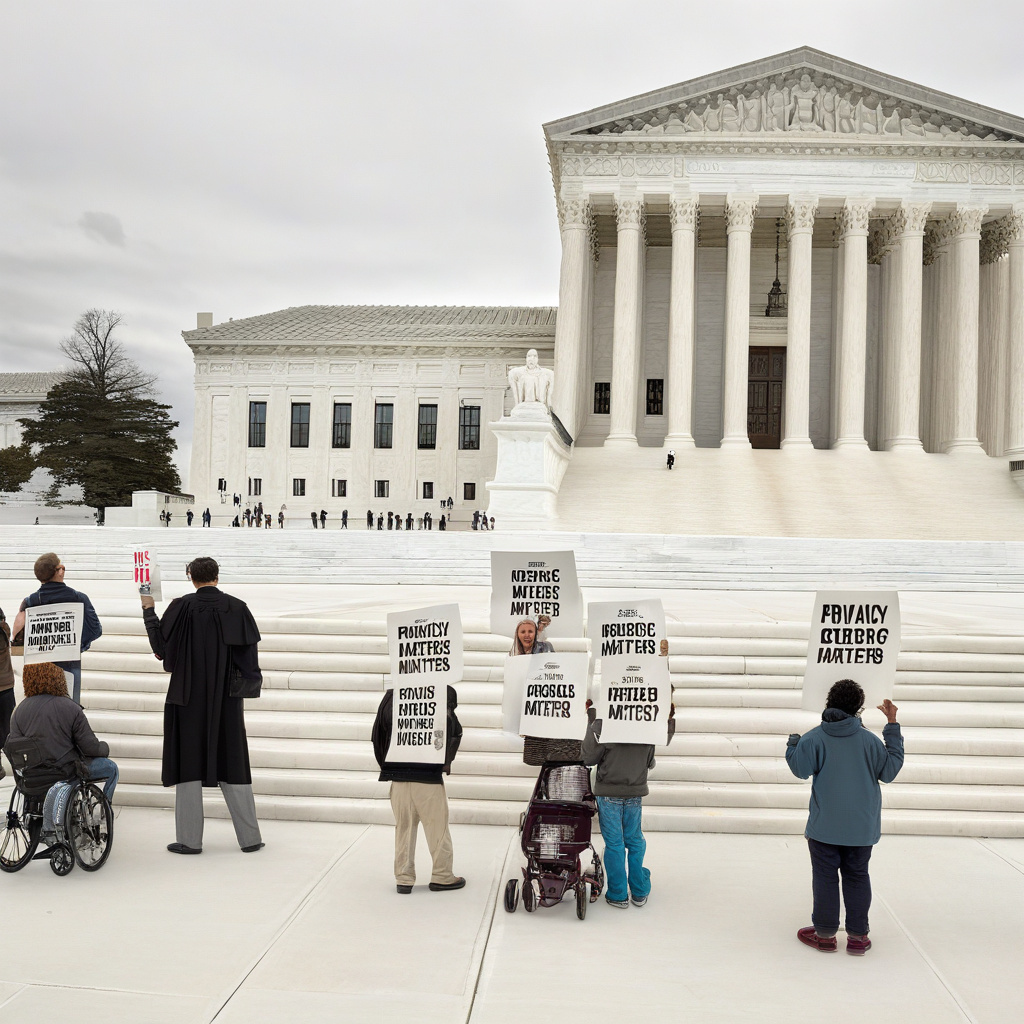Coinbase Privacy Appeal Rejected by US Supreme Court
In a recent turn of events, James Harper’s legal challenge against alleged unconstitutional IRS data collection has come to a halt as the US Supreme Court decided not to review the case. This decision not only marks a significant moment in the ongoing debate surrounding privacy rights in the digital age but also raises important questions about the boundaries of government access to personal data.
The case stemmed from Harper’s concerns over the Internal Revenue Service (IRS) obtaining his financial records from Coinbase, a popular cryptocurrency exchange platform. Harper argued that this data collection violated his Fourth Amendment rights, which protect against unreasonable searches and seizures. Despite his efforts to challenge the legality of the IRS’s actions, the Supreme Court’s refusal to hear the case has left many wondering about the future of privacy rights in an increasingly digital world.
This development sheds light on the complex intersection of technology, privacy, and government oversight. As more individuals turn to digital platforms like Coinbase to engage in financial transactions, the issue of data privacy becomes paramount. While the government has a legitimate interest in preventing tax evasion and financial crimes, the methods it employs to access personal data must be carefully scrutinized to ensure they do not infringe upon individuals’ rights to privacy and due process.
The rejection of Harper’s appeal underscores the challenges individuals face when attempting to protect their digital privacy rights against government intrusion. With the increasing digitization of financial transactions and the growing prevalence of cryptocurrency use, ensuring robust data protection measures is crucial. Without adequate safeguards in place, individuals risk having their personal information accessed and scrutinized without their consent or knowledge.
This case also serves as a reminder of the importance of transparency and accountability in government data collection practices. While law enforcement agencies have a duty to investigate and prevent illegal activities, they must do so within the confines of the law and with proper oversight. The unchecked expansion of government surveillance powers can erode trust in institutions and undermine the very foundations of a democratic society.
Moving forward, it is essential for both lawmakers and technology companies to work together to establish clear guidelines for data collection and privacy protection. By enacting legislation that balances the needs of law enforcement with the rights of individuals, we can create a more secure and transparent digital environment for all. Additionally, companies like Coinbase must prioritize user privacy and data security to maintain the trust of their customers and uphold ethical standards.
In conclusion, the US Supreme Court’s rejection of James Harper’s privacy appeal highlights the complex challenges surrounding data privacy in the digital age. As technology continues to advance and government surveillance capabilities expand, protecting individuals’ privacy rights becomes increasingly crucial. By advocating for transparency, accountability, and robust data protection measures, we can strive towards a more equitable and secure digital future.
Coinbase, Supreme Court, Privacy Rights, Data Protection, Government Oversight
